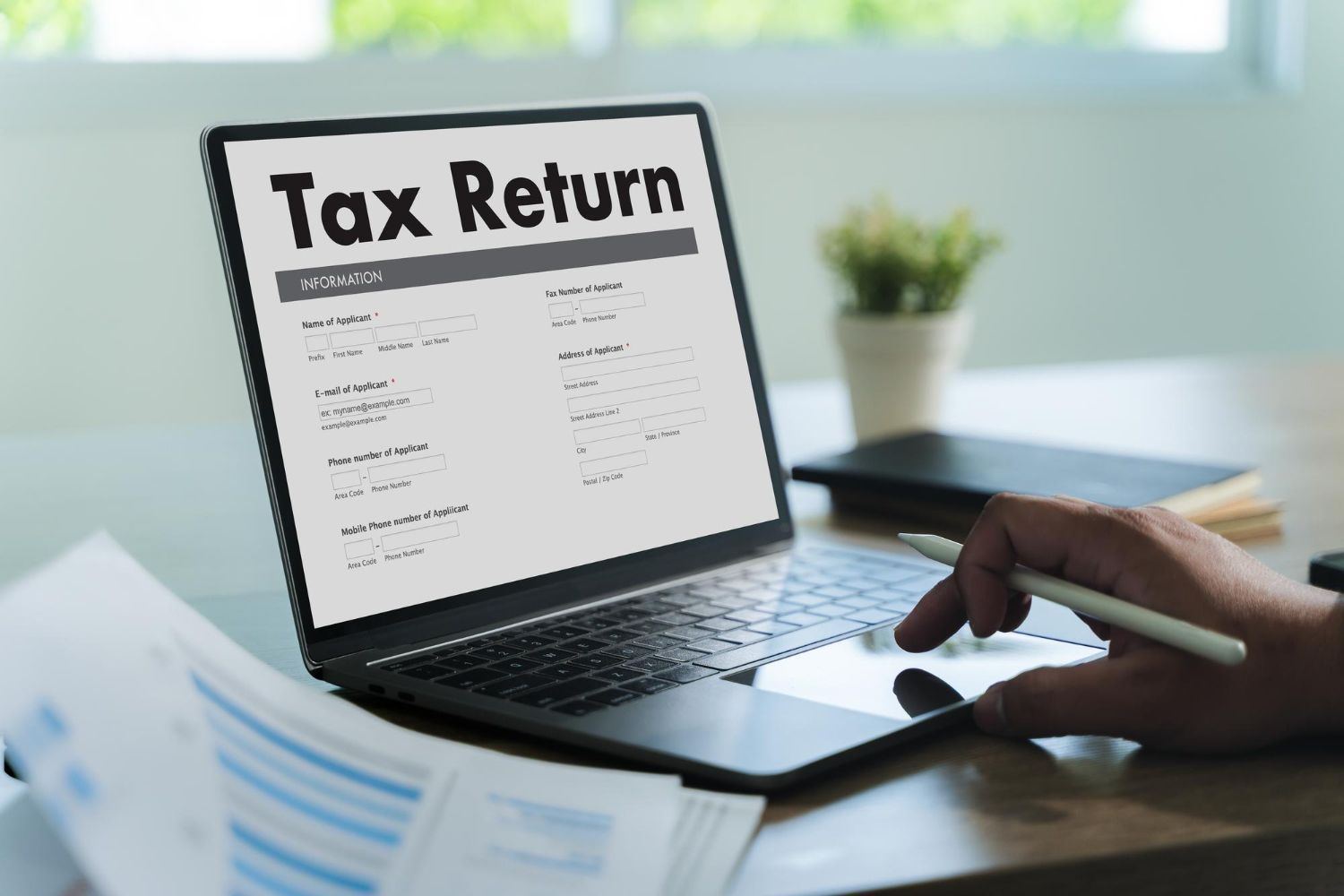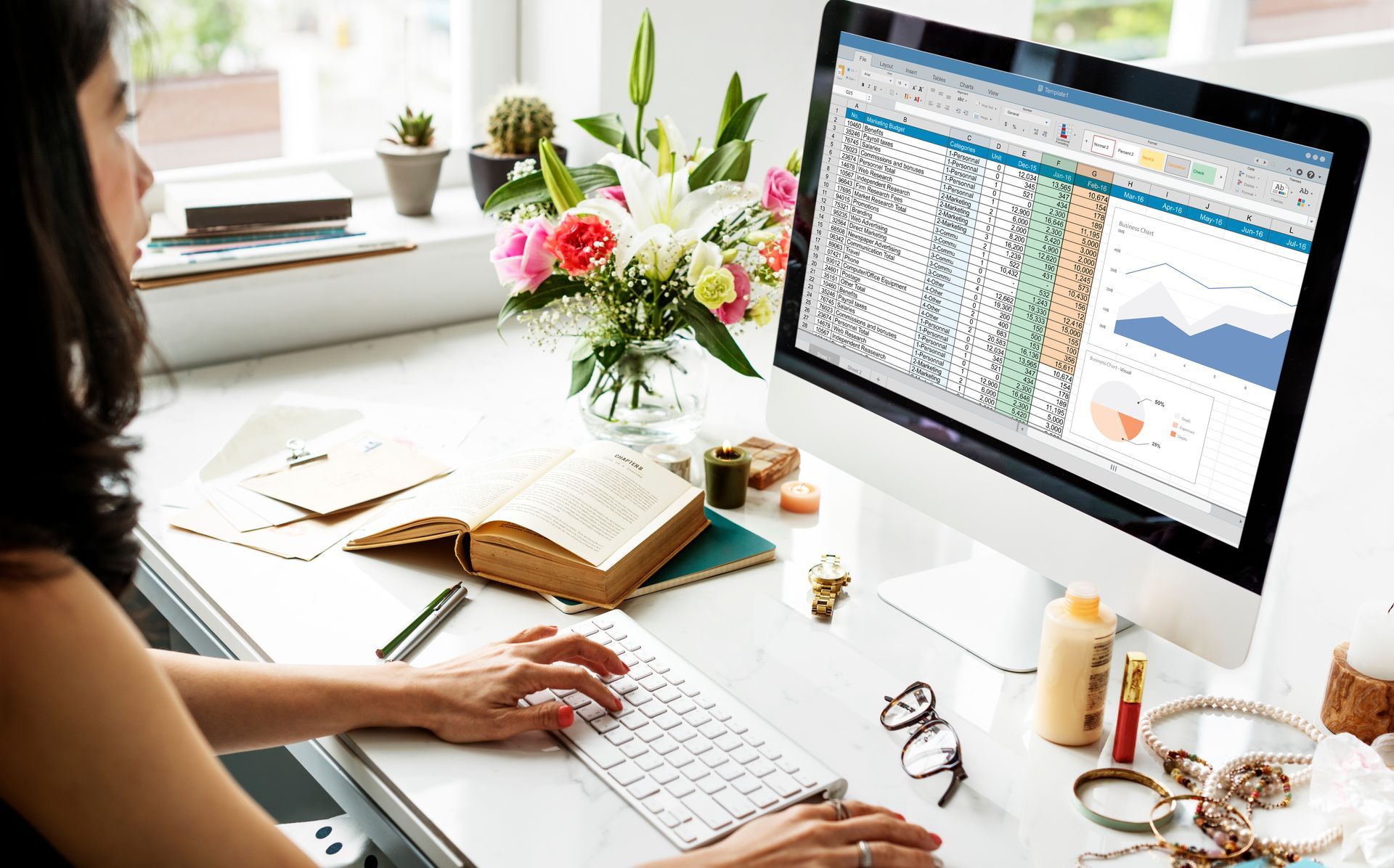Are Gifts To Customers And Business Associates Deductible Expenses?
Giving gifts to clients or customers can be a great way to build goodwill, create customer loyalty and differentiate yourself from your competition. Gifts can be anything from a simple bouquet of flowers to something a bit more personalized based on your knowledge of the customer. A gift can be given around the holidays, on birthdays, after closing a sale or any other time as a simple thank you. Of course, if you are buying gifts on behalf of your business, you should know whether they qualify as tax deductible expenses.
Gifts given to customers are tax deductible , however, there are certain qualifications that you should keep in mind:
- You need to demonstrate that the person receiving the gift is in fact a business associate and that there is a business purpose for the gift . Customers, suppliers, banking associates, investors etc. would generally qualify. A family member, who occasionally comes in and does some office work might be more difficult to prove.
- The amount of the gift should reasonable and in proportion to the nature of the business relationship. Sending a gift basket to a loyal recurring customer certainly makes sense. Sending a diamond bracelet to a customer who has purchased something from you once, will very likely be audited and disallowed.
- Gifts that are specifically for meals or entertainment such as a gift certificates to a restaurant or tickets to a sporting event, even if you don’t accompany the client, are only 50% deductible and should be reflected as meals and entertainment in your accounting.

- Spending money on a social function, such as wedding (see our case study below) where you simply hand out business cards is not sufficient to qualify as a deductible business expense.
- It is best practice to indicate the nature of the business purpose on the receipt for the gift or as a memo in your accounting software. This will jog your memory in the event of an audit and provide a documentary trail that auditors are fond of seeing.
- If you are giving a gift to a not for profit organization (see below for charities), ideally there should be some mention of your sponsorship or your contribution.
- Corporations and small business owners can contribute freely to registered charitable organizations in exchange for an official donation receipt. This can then be deducted in the charitable donation section of either the corporate tax return (T2) or if you are not incorporated, the donation is simply deductible as a tax credit on your personal tax return (T1).
Accounting for gifts given to clients/customers would generally be included in your marketing/advertising/promotion category, unless it relates in any way to meals and/or entertainment in which case it should be allocated to the meals and entertainment account since it is only 50% deductible.
An interesting (and somewhat humorous) case study can be found in Ngai vs the Queen in which a taxpayer tried to claim some preposterous gifts including jewellery, a cheque, that was clearly marked as a wedding gift and a Louis Vitton Purse where the recipient of the gift was not even clear.











